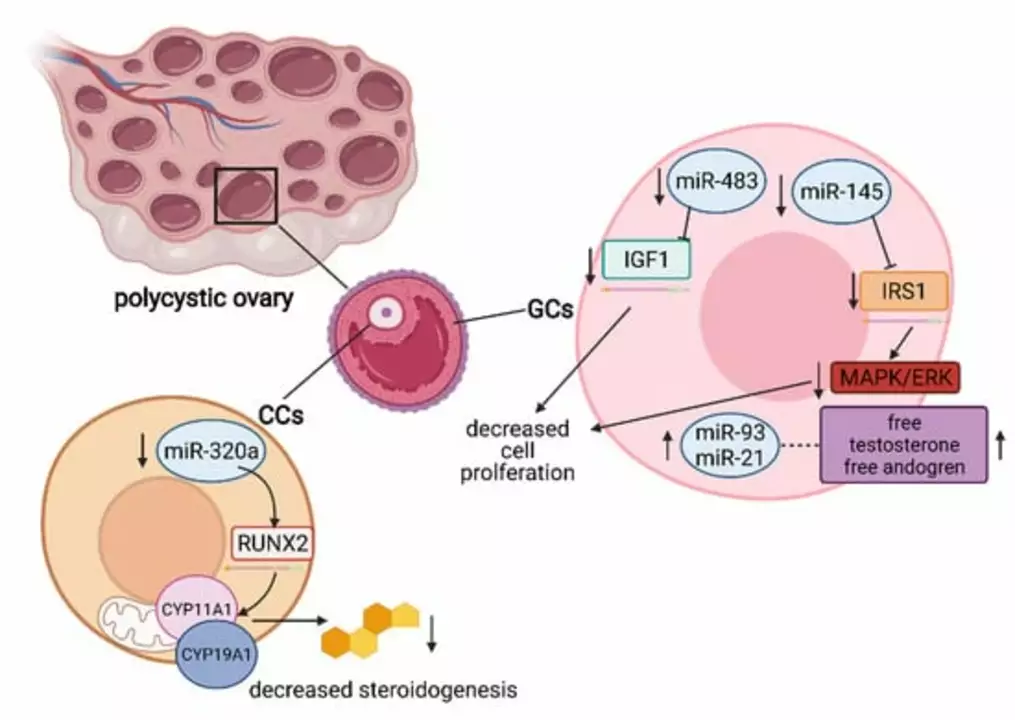Angiogenesis inhibitors: what they do and how to manage them
Tumors and some eye diseases survive by growing new blood vessels. Angiogenesis inhibitors block the signals that make those vessels form, starving bad tissue of blood and slowing disease. That sounds simple, but these drugs affect the whole body, so there are clear benefits and real risks.
How they work and where they’re used
Most angiogenesis inhibitors target VEGF (vascular endothelial growth factor), a key signal that tells cells to build vessels. Common biologic drugs include bevacizumab (Avastin) and ranibizumab (Lucentis); common pills are small-molecule tyrosine kinase inhibitors like sunitinib, sorafenib, and pazopanib. Doctors use them in several places: certain cancers (colon, lung, kidney), wet age-related macular degeneration (to stop leaking eye vessels), and some rare vascular tumors.
Each drug works a bit differently and has its own schedule — injections into the eye, IV infusions, or oral pills. That affects side effects and how you’re monitored.
Side effects, monitoring, and smart patient tips
Expect side effects tied to reduced blood-vessel growth. High blood pressure is common, so your care team will check blood pressure often. Protein in the urine can show up, so urine tests are routine. Delayed wound healing and bleeding are big red flags — tell your surgeon and dentist if you’re on one of these drugs. Rare but serious issues include intestinal perforation and blood clots.
Simple habits help lower risk: check blood pressure at home, report bleeding or new severe pain right away, and don’t stop or start other drugs without asking your doctor. If you have surgery planned, your doctor may pause the angiogenesis inhibitor for a few weeks to reduce wound problems. Pregnant people must avoid these drugs — they can harm a fetus. Use reliable contraception during treatment and for the time your doctor recommends afterward.
Questions to ask your doctor: Which angiogenesis inhibitor is right for my condition? What specific side effects should I watch for? How often will I need BP and urine checks? Do I need to pause treatment before surgery or dental work? Who do I contact after hours if I notice bleeding or severe pain?
Living with these drugs means balancing benefits and risks. Keep open lines with your care team, follow monitoring plans, and speak up about new symptoms. That way you get the advantage of angiogenesis inhibitors while lowering avoidable problems.
Understanding the Role of Angiogenesis Inhibitors in Renal Cell Carcinoma Treatment

In my recent research, I've come to understand the crucial role angiogenesis inhibitors play in treating renal cell carcinoma (RCC). These inhibitors work by targeting the blood vessels that supply tumors with nutrients, ultimately halting their growth. By blocking the formation of new blood vessels, angiogenesis inhibitors can significantly slow down or even stop the progression of RCC. Currently, several FDA-approved drugs are available for patients that fall under this category of treatment. As I continue to explore this fascinating topic, I am increasingly amazed by the potential of angiogenesis inhibitors in revolutionizing RCC treatment and improving the lives of patients.
- May 16 2023
- Tony Newman
- 11 Comments
